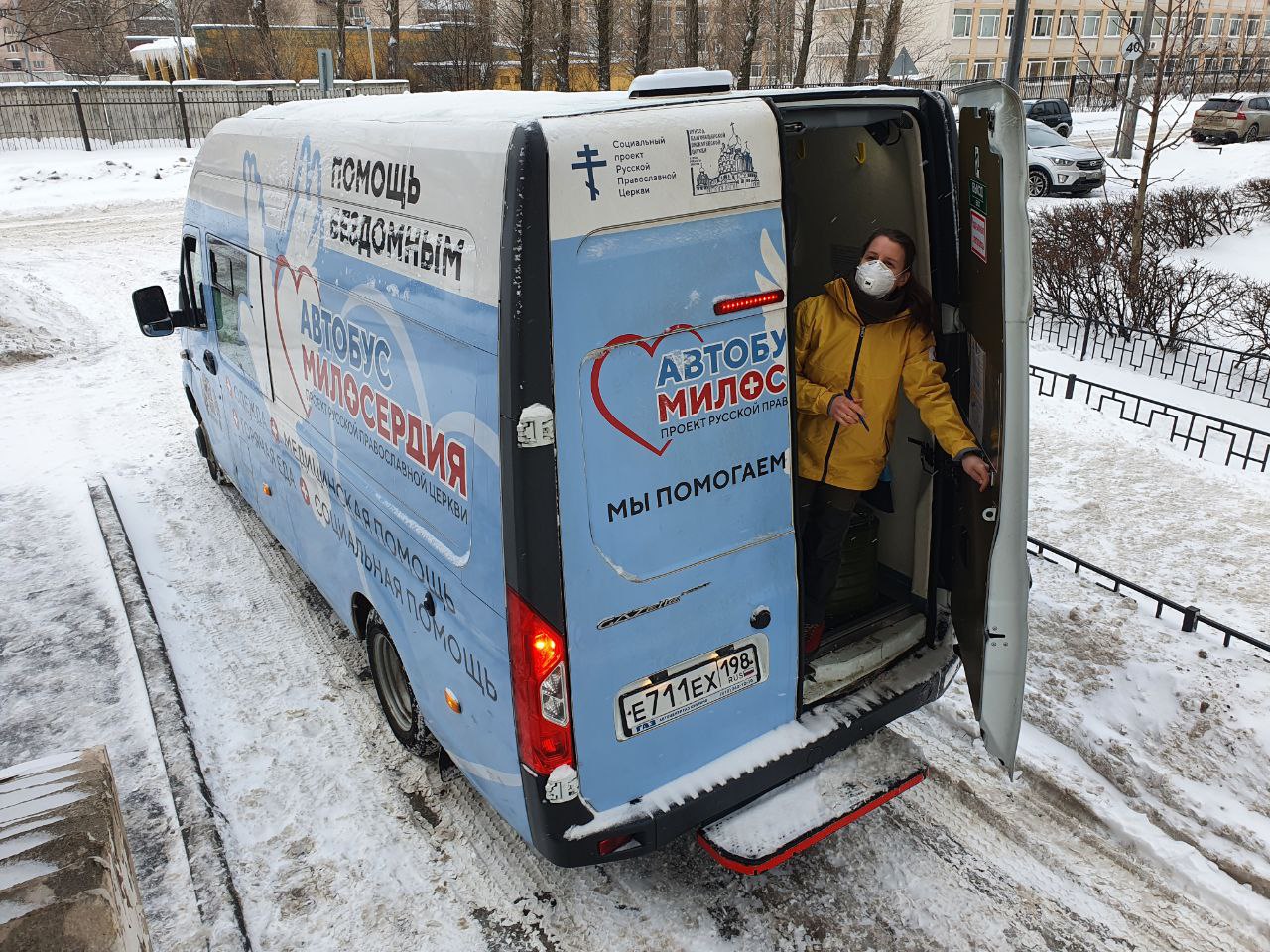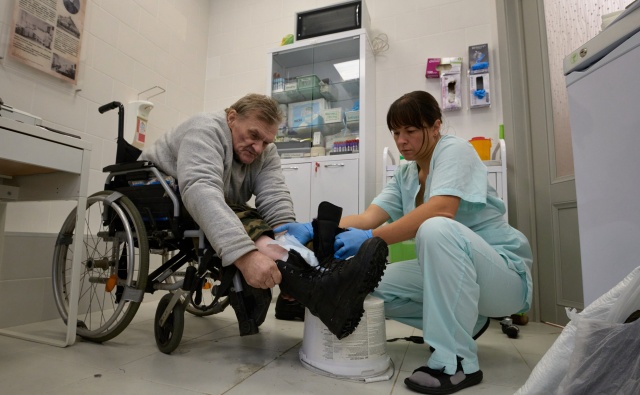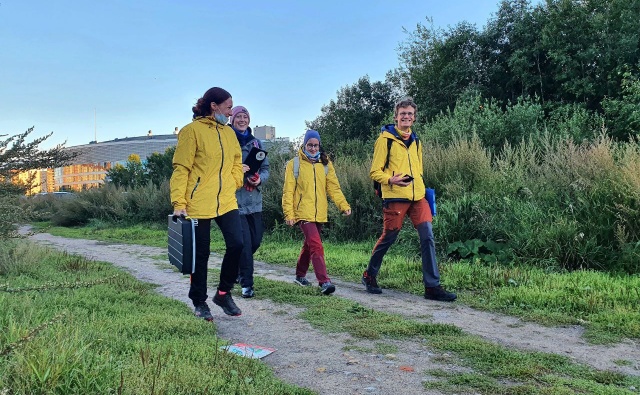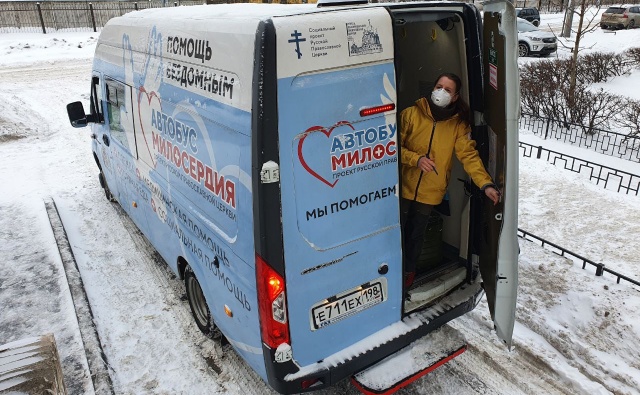Every day, the Mobile clinic visits homeless people in remote districts of St. Petersburg and the Leningrad region to examine homeless patients for free, dress wounds, dispense medication, vaccinate, test for HIV infection, and, if necessary, call an ambulance.
Why we do this
A lot of diseases worsen on the street, new ones appear, which often leads to disability and even death. Due to the lack of information about their health, documents and money to buy medicine, homeless people are sometimes deprived of access to basic health care.
They often cannot get to polyclinics and hospitals on their own due to low mobility. We believe that everyone has the right to medical care, regardless of the circumstances in which they find themselves.
How it works
The Mobile clinic is a joint project of the Kinonia Club Mercy Bus and Charity hospital.
This is a specially converted minibus, which is a medical and social office on wheels. According to the schedule, which depends on the season (winter-summer), the Mobile clinic travels to places where hot meals are distributed and other state and non-profit organizations provide temporary overnight accommodation for the homeless to provide comprehensive medical and social assistance to people in need.
In a minibus, the doctor gives the homeless health advice, dresses their wounds, dispenses medicines and eyeglasses to them, vaccinates them, tests them for socially significant infections (HIV infection, viral hepatitis B and C, syphilis, COVID-19). A social worker informs patients on the street how to restore a passport and a policy, make an appointment with a doctor, get a quota for surgery. He is in touch with homeless people who have been admitted to the hospital, and also interacts with partners so that after discharge from the hospital, the homeless person lives in a shelter, and not on the street.
Medical volunteers take an active part in the project. The Mobile clinic has the opportunity to make free phone calls to any numbers in Russia and receive hairdressing services in the warm season.
Results of work in 2021
The hospital’s volunteer doctors conducted 4,469 face-to-face medical and social consultations during 694 trips, performed 750 dressings, and called an ambulance 31 times.
212 homeless people were tested for HIV infection, viral hepatitis B and C, syphilis, and 61 people were tested for COVID-19 antigens.
81 people were provided with glasses, which were both collected at Separate collection and ordered by new prescriptions.
On duty together with polyclinic department No. 63, 175 homeless people were vaccinated against COVID-19, and with the beginning of the autumn-winter period, 183 homeless people were vaccinated against influenza.




